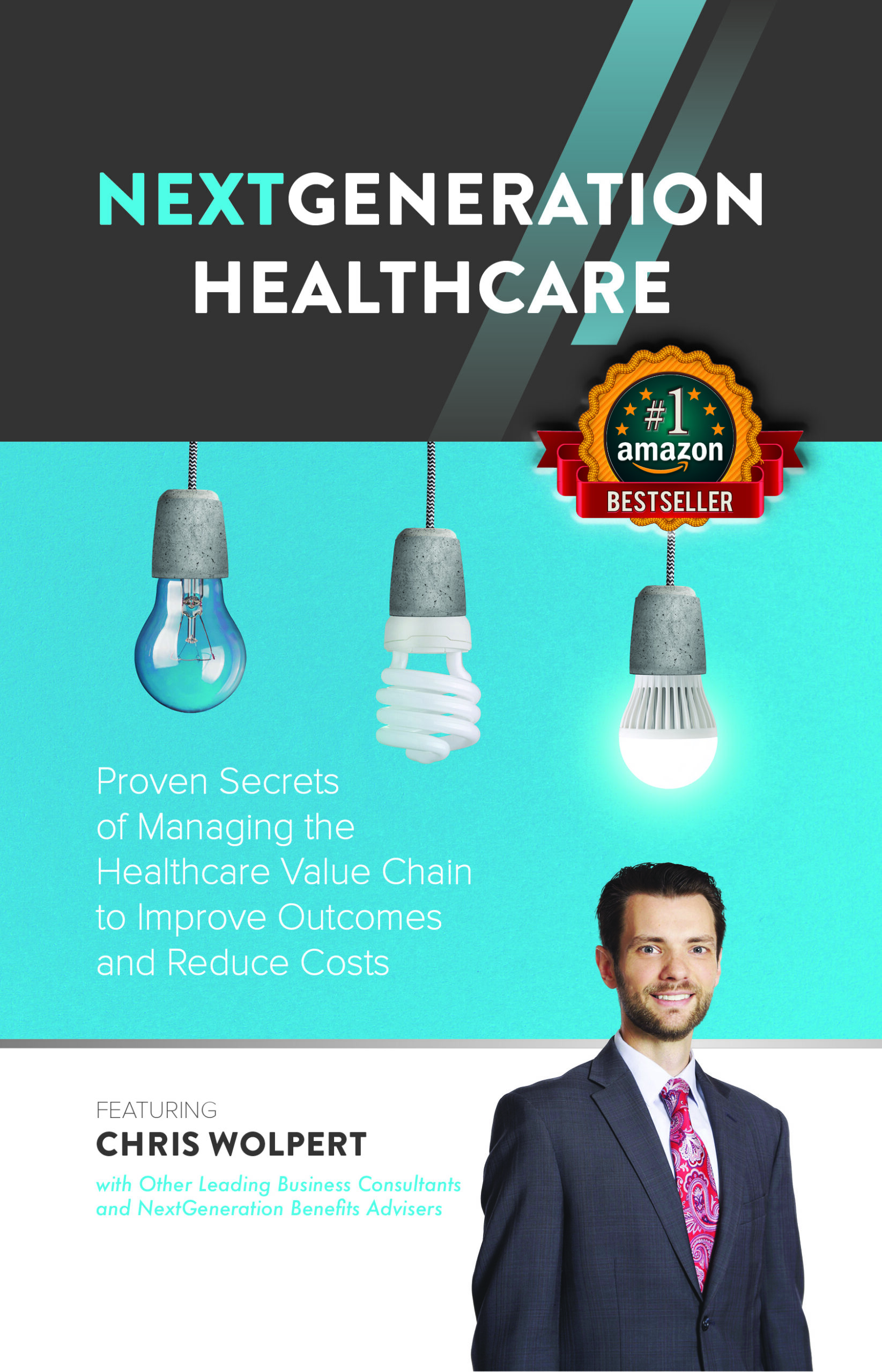As the year draws to a close, I’ve been thinking about what’s in store for healthcare in 2019. I offer ten predictions below: sincere ones, hopeful ones and a few final thoughts submitted with my tongue planted firmly in my cheek.

Real Predictions
1. Humanism and humanity will make a real comeback.
When you walk the halls of most hospitals and clinics these days, two subjects you hear a lot about are patient dissatisfaction and physician burnout. The two are closely linked. In the past, digital health has been seen as the fix for these challenges. But I think in the year ahead we’ll finally start to have honest conversations about addressing both problems by advancing business models that increase the amount of time physicians spend with patients while improving the quality of those interactions. We will begin the year with renewed appreciation for the invaluable men and women who deliver care to patients in the United States.
2. The epidemic of loneliness will take center stage.
There are few issues as gripping or as human as loneliness. As far back as the year 2000 the Harvard political scientist Robert Putnam told us we were experiencing a decline in social capital. Thankfully, thought leaders including Senator Ben Sasse and former Surgeon General Vivek Murthy are finally drawing attention to this issue. In the coming year, I believe we will expand on this discussion. We’ll have an honest conversation about loneliness as a social determinant of health, which will lead doctors, nurses, and other healthcare professionals to reassess their power to address this epidemic. Solutions for addressing loneliness will not lie in the healthcare system alone—but it is a great place to start.
3. Medicare Advantage will be seen as a template for the healthcare system of the future.
Anyone looking for a progressive model of care that leverages the power of the public and private sectors to improve outcomes need not look further than Medicare Advantage plans. Increasingly, startups (Iora Health, Devoted Health, Bright Health, Clover Health) and incumbents (Anthem, Humana, United Healthcare, among others) are discovering that Medicare Advantage plans offer powerful tools to improve and measure outcomes — especially when they take into consideration the social determinants of health. Medicare Advantage plans operate under “full risk” for all medical expenses and so there is margin to fund solutions to problems like hunger and housing insecurity that have a real impact on health, but for which there is otherwise little investment. What was once a stigmatized program will continue its assent to the mainstream and, in many cases, become the preferred choice of patients and clinicians alike.
This post originally appeared on Forbes.com.

